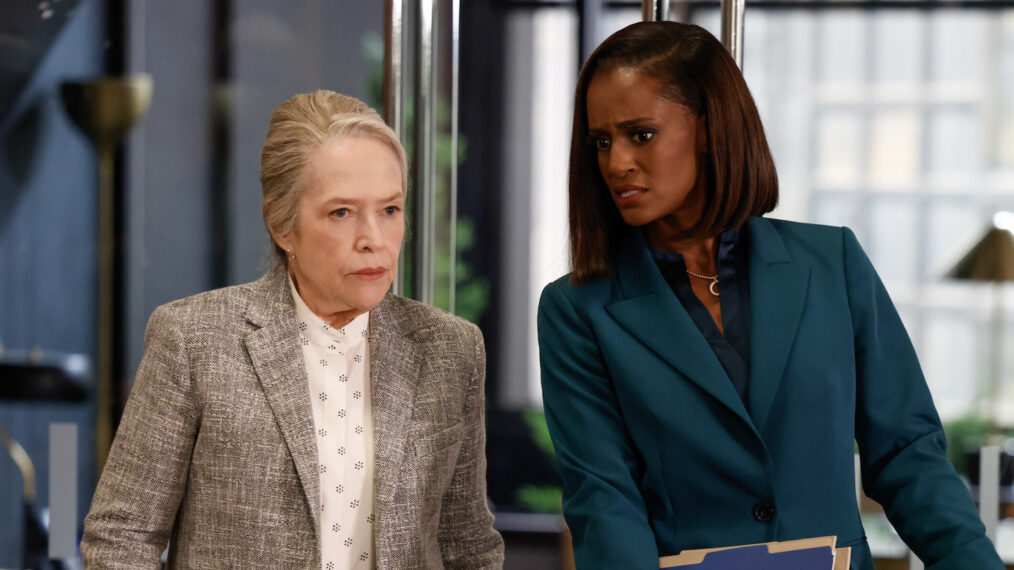Since Nassau County opted not to renew a nearly $1 million contract with Discover Long Island, an accredited destination marketing organization is determining how to work with partners in the county.
The organization is trying to “establish ways” in which partners in Nassau “can still receive our benefits,” Kristen Reynolds, president and CEO of Discover Long Island, told LIBN. But those efforts will require board approval, she said.
These next steps come at a time when tourism spending on Long Island recently hit $6.6 billion, up from $4.3 billion eight years ago, Reynolds said. She credited the organization’s research and data in attracting the out-of-town visitor, who spends twice as much as the local staycationer, as they are spending on hotels and other expenses.
This week Reynolds is meeting with the organization’s board with the “hope to solidify funding opportunities for hotels and attractions” so that they can “still participate” in Discover Long Island’s promotion opportunities, Reynolds said. Those opportunities include building on the organization’s strategic relationships – both nationally and internationally – as well as reaching its 10 million followers across 11 social media platforms that are designed to inspire visitors to come to the region and spend money. Any new opportunities coming out of this week’s board meeting would be announced at Friday’s legislative breakfast in Melville, she added.
The organization has a dedicated sales force that books hotel rooms, group sales and meeting spaces for conference-and-meeting planners, but it would not be able to refer lodging places in Nassau without partnering directly with individual properties in the county, Reynolds said.
The new strategies are being considered after Nassau County selected RRDA, a Glen Head-based advertising agency, to handle its tourism marketing, pending approval from the Nassau County Legislature. While the county had aired a 30-second ad last spring, 2024 would mark what is seemingly the first in a long time that Nassau spent marketing dollars to solely promote the county as a single entity.
Formerly the Long Island Conventions and Visitors Bureau and Sports Commission, Discover Long Island is a nonprofit, whose roots date back to 1978 when it was first formed as the Long Island Tourism Commission tasked with bringing tourists to Long Island, and drive economic spending.
Funding for the organization has stemmed from the counties’ hotel and motel tax.
“Over the years both counties tweaked” their contributions, Reynolds said, with, most recently, $2 million paid by Suffolk, and $1 million by Nassau.
That discrepancy presented a challenge, including rumblings from some who said the organization showed a preference to Suffolk.
“For us as a Long Island organization, we always worked hard to make sure everything we do is 50/50,” Reynolds said. “Nassau is just as important as Suffolk.” The organization used the $1 million from each county to promote the region as a whole, and the extra million from Suffolk to additionally promote its attractions and businesses.
But promoting Long Island as a region brings gains to the entire region, Reynolds said, pointing out that out-of-town tourists typically are not familiar with the Island’s individual counties. For example, she said, the organization’s data shows that terms for popular organic searches include “Long Island beaches” and “Long Island restaurants.”
This year, Nassau is celebrating its 125th anniversary, and in December the county approved $10 million in COVID funding for the relevant events. Those events include car shows and golf tournaments, Nassau County Executive Bruce Blakeman told News12 on Sunday. And in June, the International Cricket Council will hold its T20 Men’s World Cup Qualifiers at Eisenhower Park in East Meadow, for which Blakeman anticipates 1 billion people will be watching to see the match between India and Pakistan. That platform will bring more eyes – and ideally visitors – to Long Island, he said. Blakeman called the strategy a wise investment, saying that The American Rescue Plan funding was intended to help rebuild the economy, post-COVID.


























































![Mason Ramsey – Twang [Official Music Video] Mason Ramsey – Twang [Official Music Video]](https://i.ytimg.com/vi/xwe8F_AhLY0/maxresdefault.jpg)





















